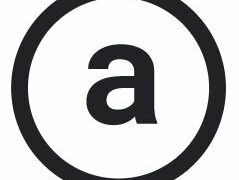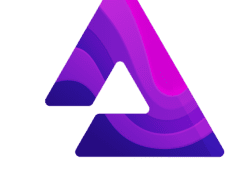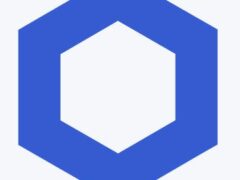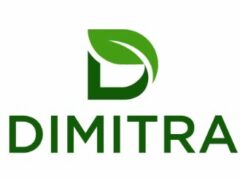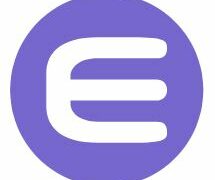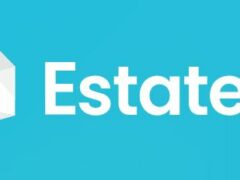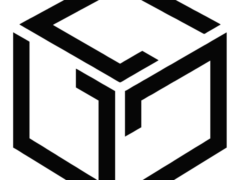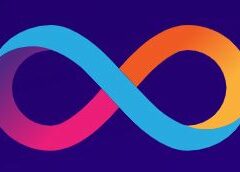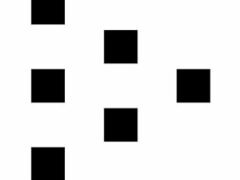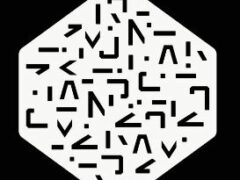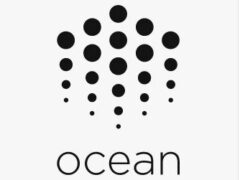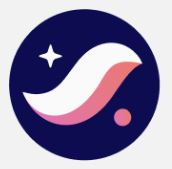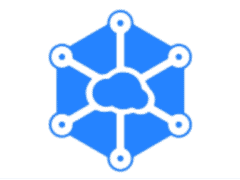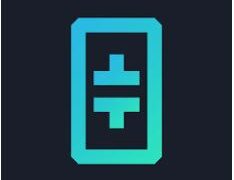Arweave aims to permanently secure the world’s knowledge by using blockchain-based storage.
They do this by creating a permanent, decentralized, and unalterable record of data. This could be anything from websites, applications, photos, etc. Using the Arweave decentralized apps (Permaweb, ArDrive) companies and individuals can ‘Pay Once Store Forever’.
Audius is a decentralized music streaming platform that allows artists to share their music directly with listeners, without the need for intermediaries such as record labels.
Chainlink is software that allows the integration of real-world data (eg football scores, share prices, etc) into automated smart contracts.
They use an open-source decentralized blockchain to transparently and securely allow any industries (gaming, real estate, medical, etc) access to verified data that exists off-chain.
Dimitra is an established company bringing the latest agricultural technology to small-holding farmers in developing nations worldwide. Working with governments, NGOs, development banks, etc they provide mobile and web-based enterprise software to make farms more efficient and profitable.
Enjin is an NFT ecosystem creating, trading, distributing, and integrating NFTs.
They started with a focus on gaming and providing the tools necessary for developers and users to benefit from NFTs. They have now broadened their products use case to all aspects of NFT utility including Art, Collectibles, Sports, Real World Assets, etc
Using blockchain technology they offer fractionalized ownership of real-world property investments.
A minimal investment allows proportional ownership of an appreciating property asset whilst earning a regular passive income.
Gala Games is a play-to-earn Gaming Ecosystem that allows players to own in-game digital assets and earn Cryptocurrency / non-fungible tokens (NFTs) through gameplay.
The Internet Computer is a bold project that builds on the current version of the Internet. With Internet Computer the Software/Applications that you access would be actioned, as well as stored using blockchain technology, on a decentralized network.
eg When using a Video App, rather than going to the server at the Video company’s base the software would run on the Internet Computer, using the processing power of its decentralized network and the decentralized storage.
Livepeer provides an open-source decentralized video infrastructure for others to use.
They reduce the costs of video streaming by avoiding a central infrastructure and instead using a network of computers all around the world. That way, all the work required to transcode video is shared and distributed, which saves time and money!
Metropoly is a decentralized project that offers fractionalized ownership of income-generating real estate.
They create an NFT that is linked to a specific real-world property. They then split the NFT into fractions (as small as $100!) that can be purchased and traded like any other NFT.
The NFT owners can then benefit from the real-world rental income and property appreciation.
The aim of Ocean Protocol is to spread the benefits of AI by equalizing the opportunity to access and monetize data. Verifiable data sources can maintain ownership and privacy whilst supplying their data (minting tokens) which can then be purchased (costing tokens) by data-hungry AI projects.
SingularityNet is a marketplace for AI creators. They can list their algorithms/software and then businesses can pick and choose their requirements. A key feature is that the projects may have been unrelated when created but can be combined in creating a solution.
Theta Network provides a decentralized infrastructure that enables existing video and media platforms to increase income and reduce content delivery costs while rewarding end-users for sharing their storage and/or bandwidth on any PC, mobile, Smart TV or IoT device.
